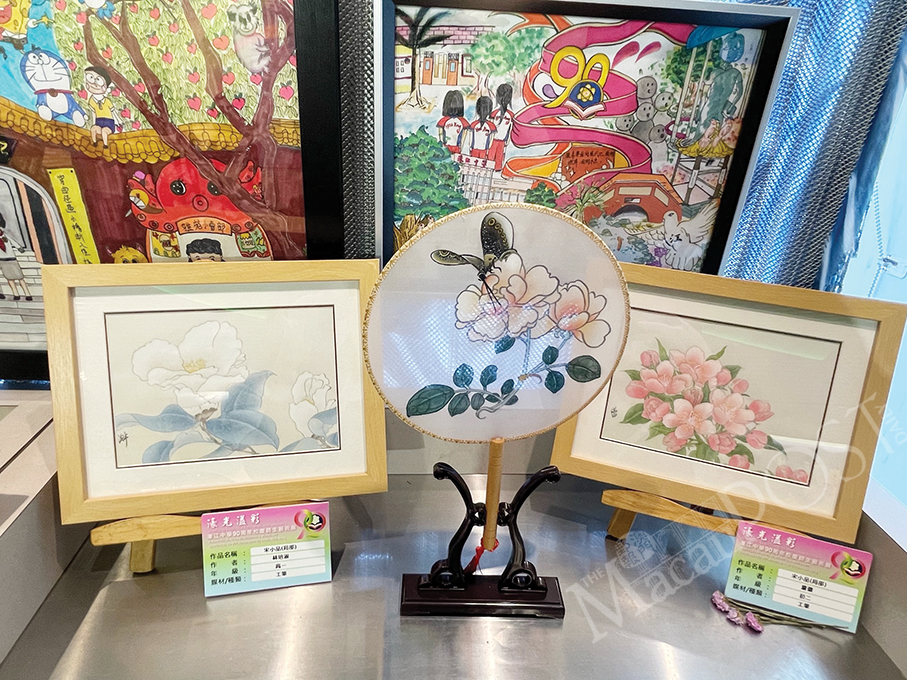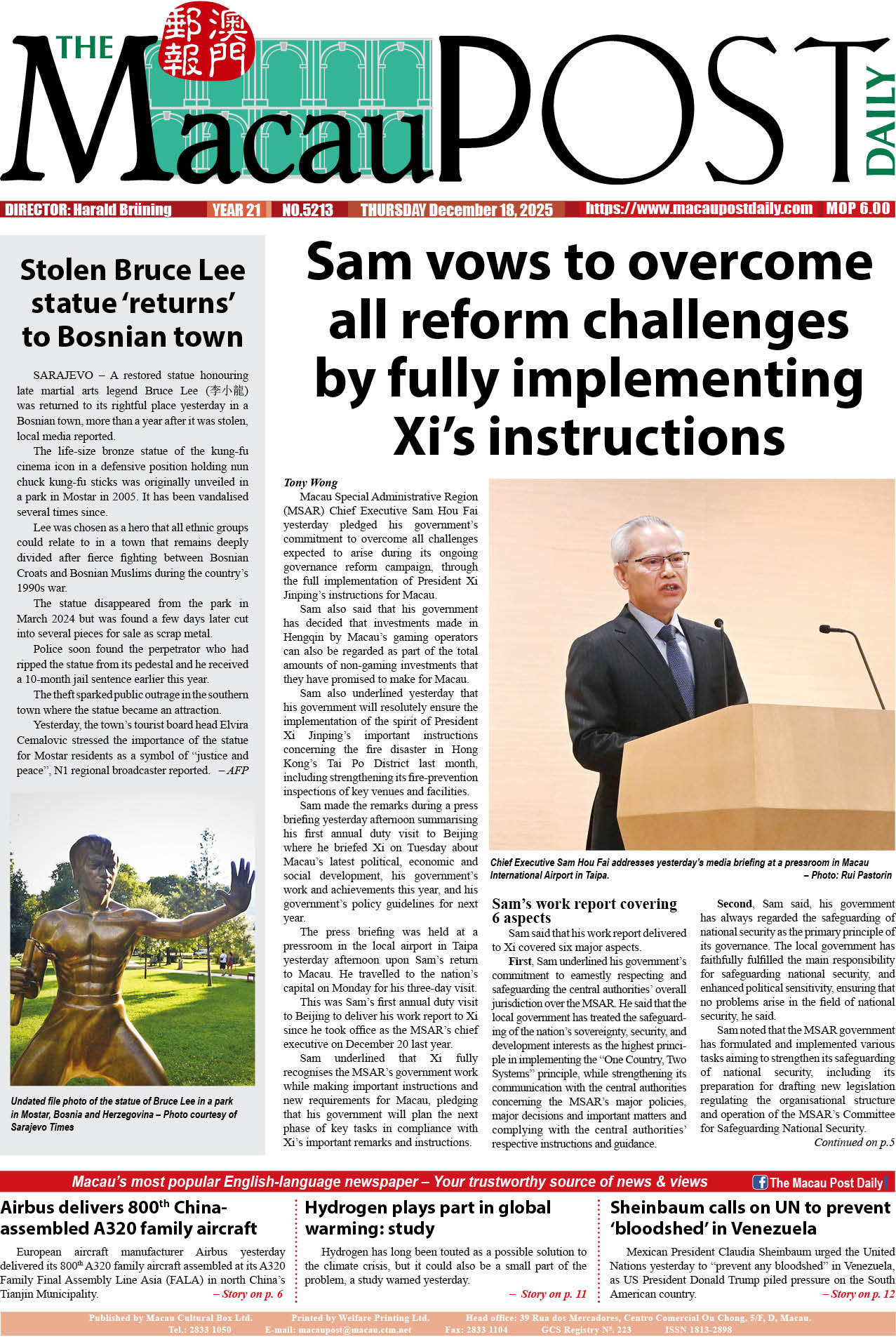The Cultural Affairs Bureau (IC) announced on Tuesday that the Chio Family Mansion, the then still privately owned part of which it purchased in mid-2021 for 8 million patacas so that it is now entirely owned by the government, will undergo restoration and revitalisation after completing various preparation work.
The complex, located on Travessa da Porta, an alley next to Rua dos Mercadores, comprises two parts, No. 24 that the bureau bought in 2021, and No. 26 that was already owned by the government.
During a press conference after a regular meeting of the Cultural Heritage Council (CPC) at the Macau Cultural Centre on Tuesday, IC President Leong Wai Man said that the Chio Family Mansion reflected the rich cultural diversity of Macau’s urban characteristics, which is replete with both Chinese and Western architectural elements, and therefore must be carefully preserved. She added that the revitalisation project plans to highlight the Chio Family’s contributions to the local Chinse community’s development in Macau, through a series of traditional Chinese cultural and educational activities.
According to the Public Consultation Document of the Fourth Batch of the bureau’s cultural heritage evaluations of immovable properties, published in March this year, it is believed that the mansion’s main building was constructed no later than 1875. Its owner was a member of the Chio clan, originally from the village of Mong Há at the northern tip of the Macau peninsula and later moved to Travessa da Porta in the mid-19th century. As the document detailed, the Chio family of Mong-Há were descendants of Emperor Taizong of the Song Dynasty, Zhao Guangyi (second emperor of that dynasty), members of whose 22nd generation moved to Macau in 1644.
An article published last year by the Macao Foundation’s (FM) cultural preservation project “Macao Memory” points out that the Chio family put tremendous effort into education, the most famous example being that two members of the clan’s 25th (Chio Un Leok 趙元輅) and 26th (Chio Vun Ching 趙允菁) generations achieved the highest degree in the imperial civil service exam at the same time, during the Qing Dynasty. The father and son, after their great academic success, also founded the first private school in Macau in the middle 19th century.
According to a research report published by the Oral History Association of Macao in 2016, Chio Vun Ching also actively participated in Macau’s social affairs, directly influencing the then Portuguese administration’s policy-making process. “At the time, the Portuguese administration was collaborating with the local Chinese community on private land occupation issues in order to expand their political influence, and the Chio family, being one of the prominent Chinese clans in Macau, played a leading role in defending the Chinese residents’ interests in terms of economic and social development,” the report underlined.
The Chio Family members began to move out of the mansion successively in the 1960s until the building became vacant in 1995. The Macao Chio Clan Youth Association, headquartered at 107 Estrada de Coelho do Amaral, was registered in 2021, according to the Official Gazette (BO).
Historical details in Chinese about the Chio Family Mansion can be checked at: https://www.culturalheritage.mo/files/culturalheritage/1678843372485.pdf
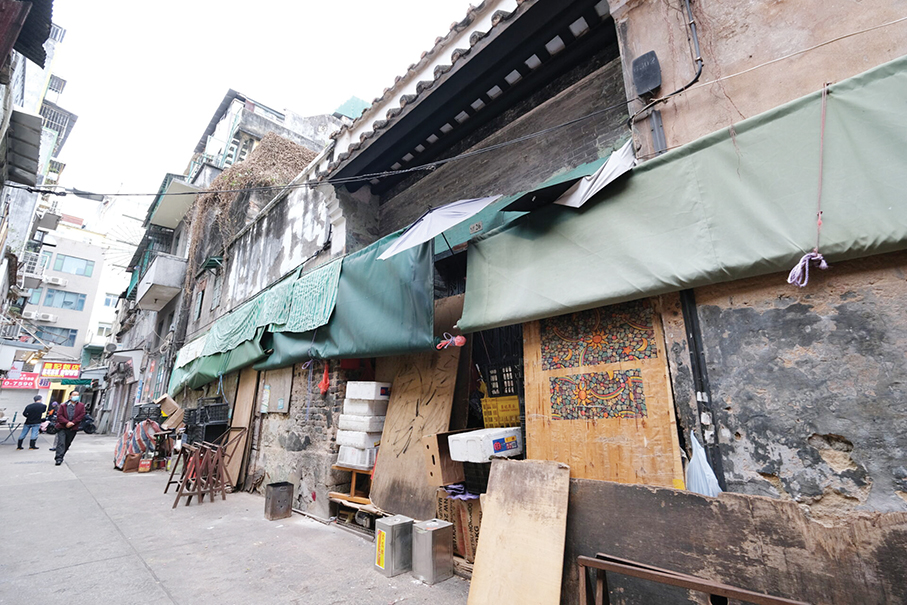
Undated file photo of the Chio Family Mansion on Travessa da Porta. Photo courtesy of Jornal Tribuna de Macau
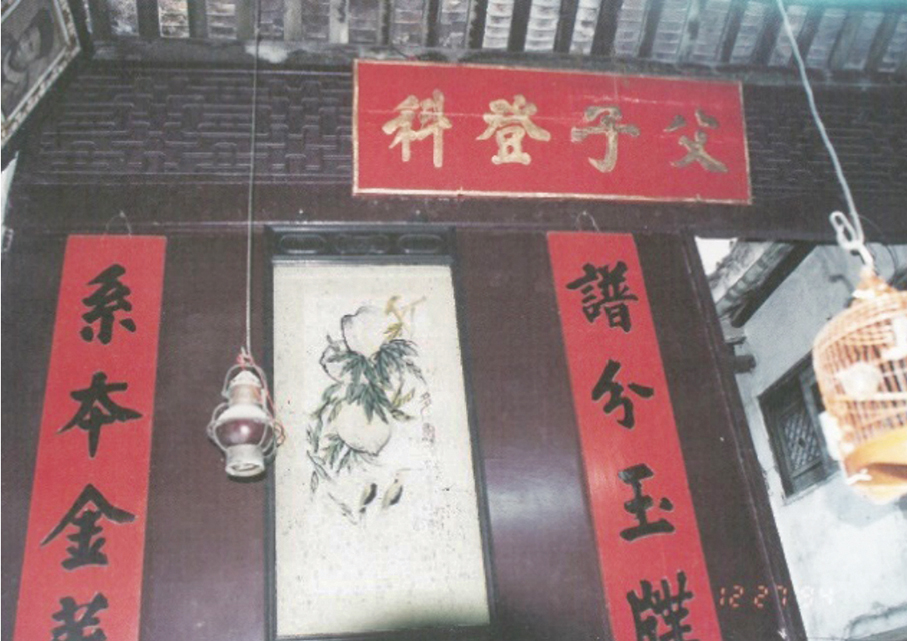
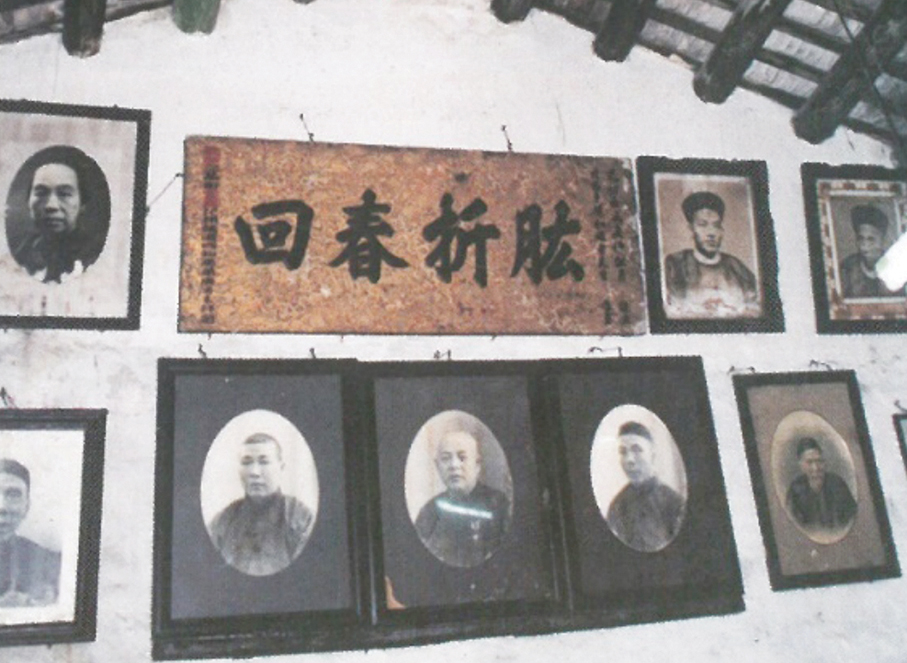
These undated handout photos released in March by the Public Consultation Document of the Fourth Batch of the Cultural Affairs Bureau’s cultural heritage evaluations of immovable properties, shows the interior of the Chio Family Mansion.






